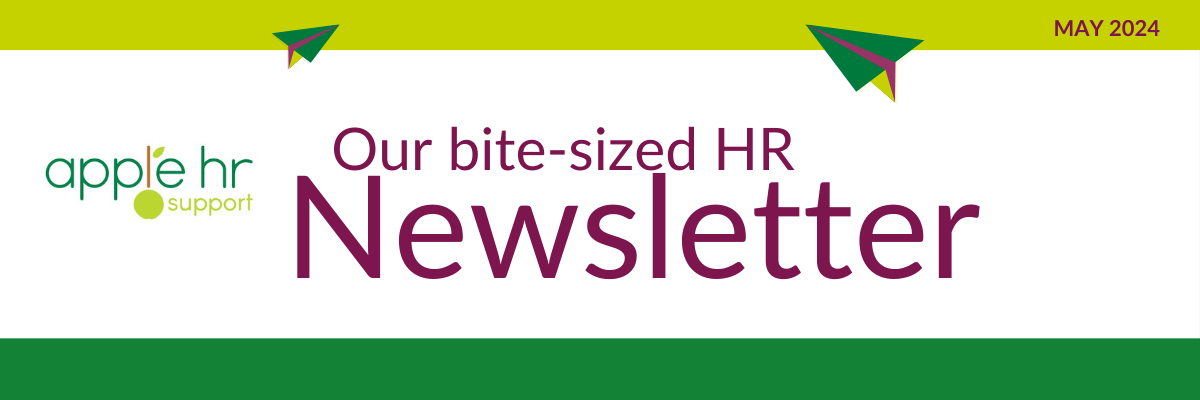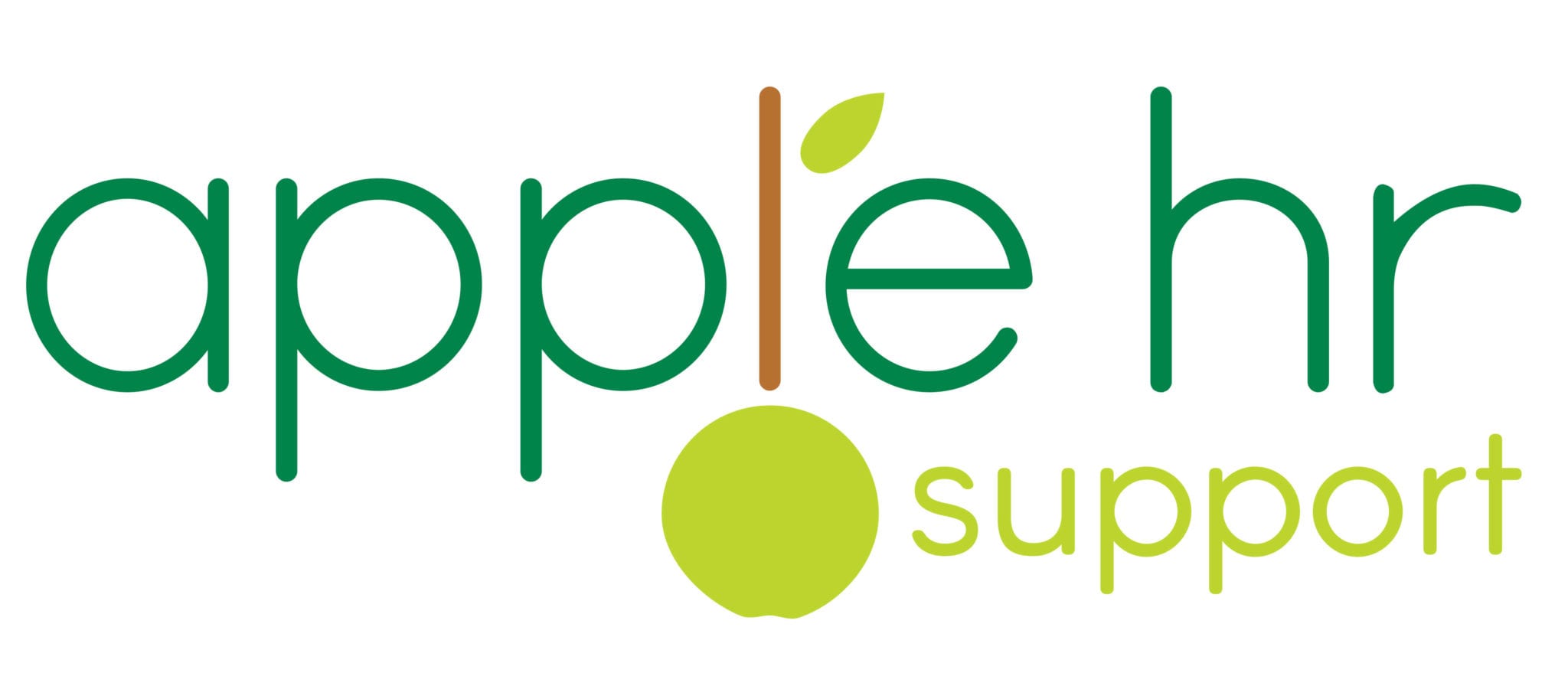
Money may make the world go round but it’s NOT our biggest motivator. Bad bonuses and incentives can actually be HUGELY DEMOTIVATING.
We all need money. Many of us wouldn’t say no to more of it. But for most people, it’s not the number one reason for getting out of bed in the morning
This is true of the people who work for you too. They may have accepted the job for the pay, but they’ve stayed for other reasons.
Maybe you have a really fantastic company culture. Perhaps your business is making a big difference to the lives of your customers. It may be because of the opportunities you offer your people to learn new skills.
They’re examples of people’s intrinsic motivations. Their purpose, their autonomy, their mastery. Notice none of these involve cash?
But they’re massive driving forces for people to stay with a company and flourish, or to move on to somewhere they can.
When it comes to offering rewards to your team, cash shouldn’t be your primary go to.
You should look at these intrinsic motivators to offer your people rewards that they really want. That make them see how much you value them and help them feel like you’re invested in their development.
In fact, offering cash incentives can be ineffective at motivating people. It can even have the opposite effect when a bonus is too out of reach, or just not worth the effort.
So how do you find out what motivates the people who work for you? You ask them!
Communication is key here – as it is with many other elements of running a thriving business. Speak to your people. Get to know them on a personal level as well as a professional one. Learn about their goals and ambitions. Find out where they want their careers to take them. See what skills they have that you can build upon and what they still need to develop to get them there.
Once you know all this, you’ll be able to reward them in the way that will have the most positive impact for everyone, without having to create complex bonus schemes or worry about budgets. That could be with recognition, more responsibility, or development opportunities, to name just a few ideas.
Sounds good, doesn’t it?
We help businesses do this all the time. If we can help you get started with more effective employee rewards, get in touch.
Latest News
20% of neurodivergent workers have experienced workplace discrimination
A report by the CIPD has found that a fifth of employees with neurodivergent conditions are facing a difficult working environment. A third of respondents said that their experience at work had a negative impact on their mental wellbeing, and 19% said that this had affected their intention to stay with their employer and the likelihood of recommending their employer to a friend.
Despite these figures, more than half of people surveyed for the Neuroinclusion at work report said that they felt their organisation was neuroinclusive.
This shines a light on workplace culture as a whole and the way we treat neurodivergent people in our businesses. Many organisations do not formally discuss neurodivergence and the report found that many had not disclosed their neurodivergence to their employer for various reasons.
The CIPD points out that neurodivergence needs to be a key part of businesses’ equality, diversity and inclusion work – but it is often overlooked and this is a significant missed opportunity when it comes to talent shortages and ironing out inequalities often faced by neurodivergent people.
How does your business approach the topic of menopause?
You may want to take note of a recent example of what not to do from Avanti West Coast. The train company’s employee support group handed out a staff gift bag containing such delights as a pencil “to write down things you might forget”, a paperclip “to help you keep it all together”, a tissue for “if you’re feeling a bit emotional” and a jelly baby “in case you feel like biting someone’s head off.”
The gift bag was apparently intended to help support conversations about menopause, but rail union representatives have described it as demeaning and insulting.
This raises the fact that all businesses need to include menopause in their diversity, equality and inclusion policies – and make sure they are doing it right.
https://www.hrmagazine.co.uk/content/news/avanti-west-coast-under-fire-for-menopause-gift-bags
There are 4 types of company culture. Which does your company have and does it need to change?
A strong company culture is crucial when it comes to a successful business. BUT, you may have the wrong culture for your business…
The Competing Values Framework is a tool first used in the 1980s; it outlines four types of company culture:
Clan culture
A clan culture is exactly what it sounds like. Employees are more like a family. Everyone gets on well and maintaining that strong company culture is a high priority.
A clan culture is common among start-ups and employees are given the freedom to work in a tranquil and collaborative environment.
The risk of adopting a clan culture is that there’s a potential for the work/fun balance to tip too far towards fun. Employees could become disengaged from their work given too much freedom.
Adhocracy culture
This type of culture is all about flexibility and innovation; it’s often found in modern tech companies. A business with an adhocracy culture is always developing new products and ideas, with a creative and energetic environment.
A potential downfall of an adhocracy culture is that things can begin to feel chaotic and employees may not have clearly defined roles.
Market culture
A market culture is performance-oriented and results-driven with high performance goals for everyone. The main focus is on profit and market share, with less consideration of community.
The downfall of a market culture is the risk of burnout when employees are being constantly pushed to achieve bigger, better things all the time. There can also be conflict between competing employees and the risk of dishonesty in order to appear successful.
Hierarchy culture
This is the most traditional type of culture in a business and is centered around a clear hierarchical structure. There are clear processes and procedures to keep everything running smoothly. There are often strict rules and close supervision of employees, with several layers of management.
So, which type of company culture do you think your business has?
If you’re wondering about the culture in your business, it’s a good idea to work with an HR consultant to survey your team.
Once you have answers, you can consider whether you want to change the culture of your business.
Q&A
My employee has been using AI to complete their work – what can I do?
- First, check your terms of employment and contract to see what is said about employees carrying out their duties. Your terms of employment may have been violated, along with your trust, if your employee has used AI to do their job for them. There is a risk of copyright infringement and, depending on your area of business, there could also be a Data Protection issue here.
Treat this as a disciplinary issue and also as a chance to ensure your policies are up to date when it comes to using AI tools.
Do I have to agree to a sabbatical request?
- The short answer here is no. There are no actual laws around employees taking a career break – it’s an agreement between you and them. Employees do have the right to request flexible working and they may use this to request a sabbatical. If you’re worried about this, it may be worth creating a formal policy covering sabbaticals.
Can I refuse time off for medical appointments if we’re short staffed?
- You are not legally required to allow time off work for medical appointments. However, as an employer you do have a “duty of care” to your employees, meaning that you must take reasonable steps to ensure their health, safety and wellbeing while at work.
Double check your employee’s contract and any relevant company policies though, as this may be something that has been agreed previously.

